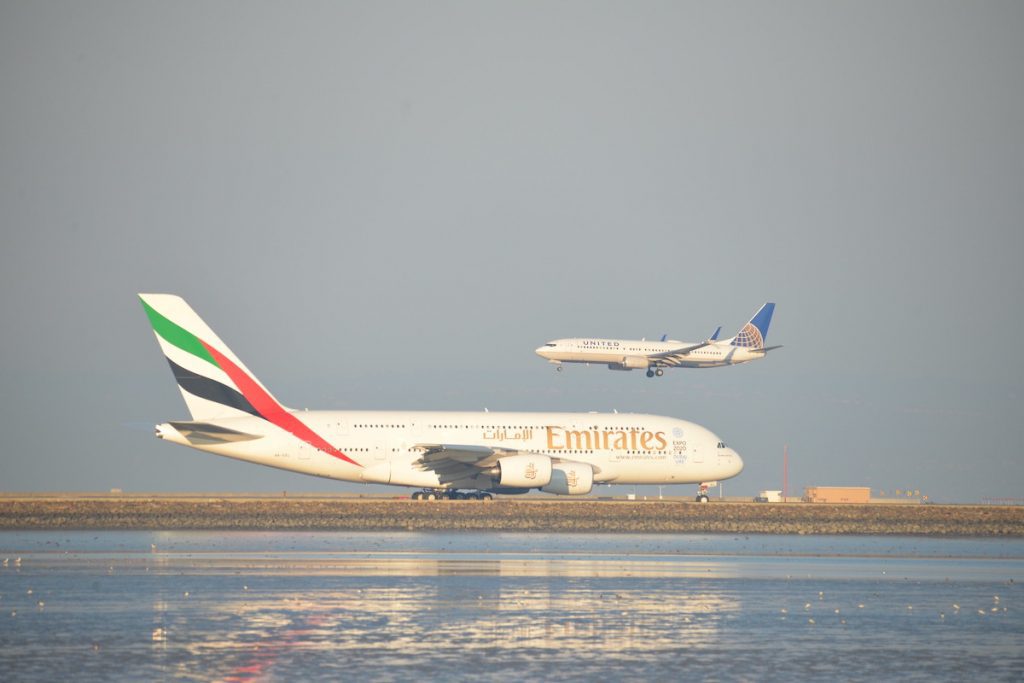Saudi Arabia’s government plans to call its new multi-billion-dollar international airline RIA, according to reports.
The plan is for it to be a premium global superconnector, like Emirates, Qatar and Etihad, as the kingdom continues its ambitious Vision 2030 tourism plan.
It wants to increase the number of air routes from about 100 to 250.
RIA will become Saudi’s second national carrier, based out of Riyadh, with Saudia, which operates from Jeddah, focusing on religious traffic bringing pilgrims to the country’s holy sites, especially during the Hajj pilgrimage.
Budget carriers Flynas and Flyadeal would then concentrate on low-cost domestic and regional travel and near-international routes. It remains unclear if any of the three existing airlines would feed traffic to the new airline.
The kingdom has been working on the launch for the past 12 months, with the new venture backed by Saudi Arabia’s Public Investment Fund, the report added.
Saudi Arabia is also making it easier for millions of tourists to enter the kingdom by streamlining and relaxing its visa options for residents from multiple countries. Overall the country wants to target 30 million international transit passengers by 2030, compared to under 4 million currently.
Europe’s Wizz Air will also land in Saudi Arabia this December.

